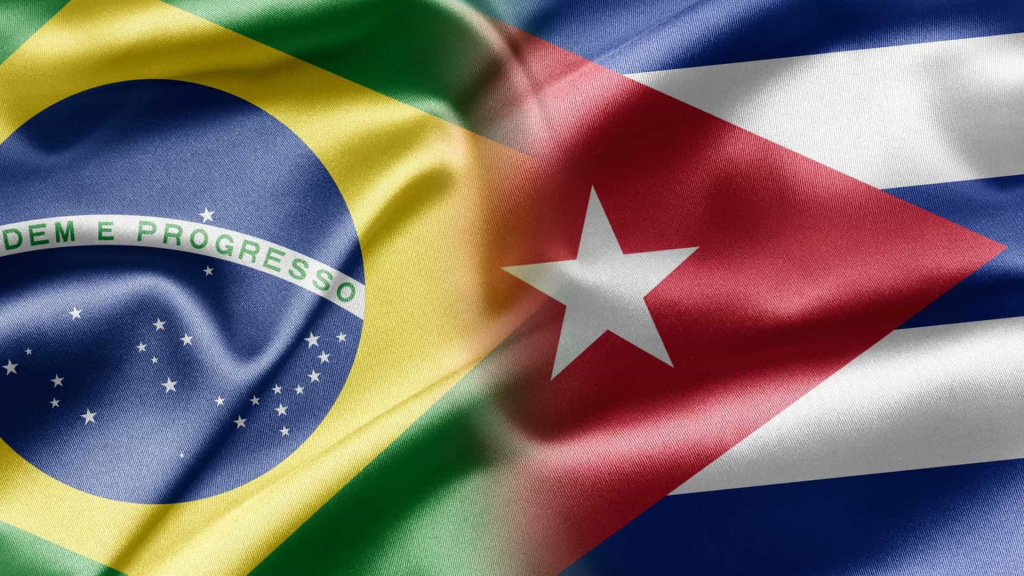
Last week, Brazil and Cuba took another step towards finding solutions to pay the Cuban debt to the Brazilian government. According to Globo, it is estimated that the total value of outstanding and unpaid debts is US$1.1 billion, equivalent to around R$5.5 billion.
Between Wednesday and Friday, a technical team from the Ministries of Finance, Development, Industry, Commerce and Services, together with representatives from BNDES, met with Cuban authorities to discuss the topic. This was the first formal meeting between the two governments on the issue.
According to the Brazilian ambassador in Havana, Christian Vargas, the main objective of the meeting was to reconcile values between the two parties.
“This is a necessary step so that, in a second moment, we can move forward in the discussion on how to resume payments”, explained the ambassador.
The negotiation phase itself has not yet begun. The current focus is to ensure that both parties agree on the amounts in question, which will open space for future conversations about payment.
The majority of Cuban debt originates from financing granted by BNDES for the export of services by Brazilian companies, as in the case of the Port of Mariel, around 40 km from Havana.
During a visit to Cuba in September last year, President Luiz Inácio Lula da Silva was informed that, although the Cuban government intends to pay off the debt, the sanctions imposed by the United States on the island complicate this task, plunging the country into in a serious economic crisis. Given this, both countries are looking for a negotiated solution.
While Cuba is mobilizing to resolve the issue and, eventually, reestablish credit lines with Brazil, the situation in Venezuela appears to be heading in another direction. As reported by O GLOBO, the renegotiation of the Venezuelan debt, estimated at around US$1.5 billion (or R$8.5 billion), is no longer a priority for the Brazilian government.
The Ministry of Finance’s “goodwill” towards Venezuela has diminished, especially after the controversial re-election of Nicolás Maduro as president in July. As a result, Venezuela, which is also facing a serious economic crisis and is the target of US sanctions, is unlikely to have access to new financing from BNDES or other Brazilian sources for its imports in the near future. Venezuelan debt with Brazil is largely related to infrastructure projects, such as the Caracas metro.
Source: https://www.ocafezinho.com/2024/09/24/governo-brasileiro-e-cuba-buscam-solucao-para-divida-de-r-55-bi/

